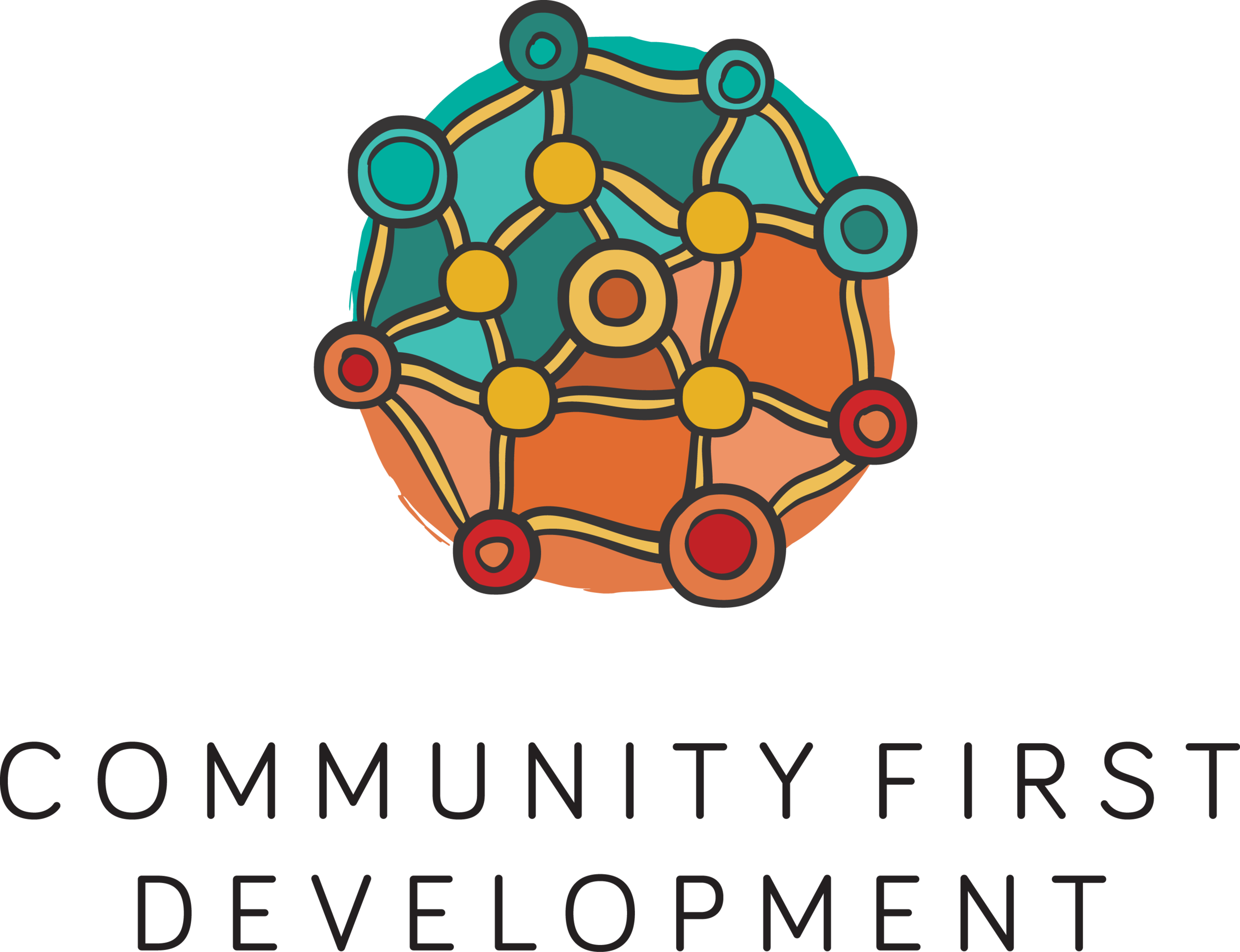We presented our research findings at the 2021 AIATSIS Summit
Congratulations to Donna Stephens (Research & Evaluation Fellow), who presented via Zoom with the team, Doyen Radcliffe (Regional Manager WA) and Sharon Babyack (General Manager Impact & Strategy), about ‘creating bridges to governance.’
Community First Development recently presented at the 2021 AIATSIS Summit on Kaurna Country, Adelaide.
This is a unique forum for experts across various sectors to come together and collaborate on strengthening Aboriginal and Torres Strait Islander cultures, knowledge, and governance, while also providing an opportunity to address challenges in the native title and research sectors.
We were delighted to share findings from our Action Research Project undertaken with eleven of our strong community partners – where we developed new understandings and strategies to navigate the intersecting space of First Nations governance practices and Western governance requirements.
Donna, Community First Development’s Research and Evaluation Fellow, presented some of the research findings.
“We learned that Two-way governance is about navigation, negotiation, and a necessity for First Nations communities. We also heard that the bridge into two-way governance, from Western governance, is not well established.”
Meaningful learning was that yarning is the most effective tool to talk deeply with First Nations people about governance practices.
Sharon, General Manager Impact and Strategy, spoke about what communities are saying about Community First Development’s approach and ways of working. “The research showed that communities see Community First Development as an ‘instrument’ that can support them to navigate both worlds.”
Our research identified several traits of the Community Development team’s way of doing, including:
Community ownership through rich, deep, and necessary community discussions.
Allowing communities to feel comfortable and safe so they can be honest and show their perceived weaknesses.
Transparency.
A lot has been said about Two-way governance and the importance of leadership and self-determination in First Nations communities. We invite you to learn more about our work and research in these spaces here.

